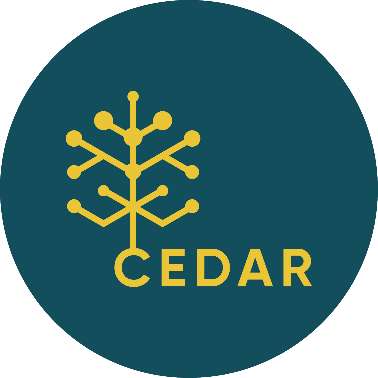Open protocols and tools for the Education and Training of Voluntary organisations in the field of Civil Protection, against Natural Disasters (forest fires) in Greece and Bulgaria (2012: INTERREG IV A)

|
Funding Organization
|
European Commission |
|
Funding Programme
|
European Territorial Cooperation Programme Greece-Bulgaria 2007-2013 |
|
Funding Instument
|
None |
|
Starting Date
|
Oct. 30, 2012 |
|
Duration
|
24 |
|
Total budget
|
|
|
ITI budget
|
|
|
Scientific responsible
|
Dr. Petros Daras |
OUTLAND
In the management of natural disasters and in particular forest fires, a network of volunteers is involved, at the Local Authorities’ level, having different theoretical background and operational training levels. There is a need to create a continuous and open system for the training of the volunteers, so that their participation is effective and safe.
The main objective of OUTLAND is the establishment of a framework for the vocational training and preparedness of the volunteers who operate within the civil protection mechanisms in Greece and Bulgaria, and are involved in forest fires’ prevention and rehabilitation. The project focuses on the exchange of experiences and good practices, the production of multilingual training material, as well as the development, with a joint understanding in a cross-border level, of the necessary facilities and tools and procedures to ensure efficient and safe operation of the volunteers in Greece and Bulgaria, within and after the end of the project.
To fulfil the objectives the project is based on a management structure including the Coordination Team (LP) and a joint Management Team and it is structured in activities necessary to:
- establish jointly the state of the art in the vocational training of the volunteers in the cross-border region and abroad and to assess their needs and expectations, (b)
- produce protocols, procedures, tools (handbooks, software, etc.) for the training,
- configure the necessary capacities (training centres/units, open air camps, volunteers equipment, etc),
- realise targeted and cross-border training courses/meetings, and
- publish the training material and diffuse it within an open source e-learning platform that will support that generation of interactive training courses within the extend of the project.
To ensure the continuity of the objectives’ fulfilment, after the formal end of the project, a permanent mechanism of continuous training of volunteer groups will be investigated. This proposition for a permanent mechanism at the Local Authorities level will be a major result of the project. The investigation will be based upon technical, economical and procedural criteria and the proposition will be delivered ready to be implemented at the institutional level. The so proposed mechanism will be based upon the experience produced during the project’s lifetime and will be achieved through the cooperation of the Local Authorities in the cross-border area that coordinate volunteer groups, as well as the involvement of Research Institutes and private non-profit stakeholders.

























